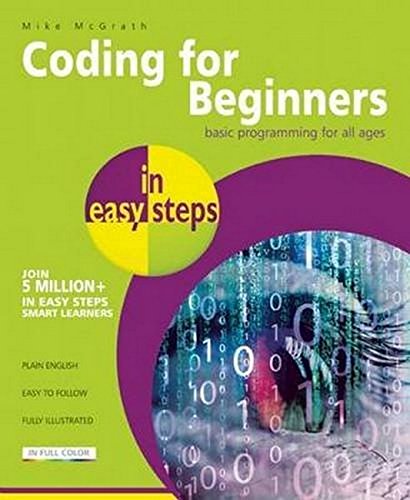This book is written by Tanenbaum, the main guy behind Minix, which is what Linux was based on. It provides good overviews for basic OS concepts like memory management, file systems, processes, etc. The concepts in this book book are intimately tied to examples of the Minix OS, which is a good thing. To those who would rather see examples from Linux: Minix is a compact and modular OS, which is why it's a good choice for examples. The book contains the entire source code at the back for easy reference. Yes, the OS is that small. That's a good thing when you're trying to figure out how virtual memory works or what have you. You'd be lost trying to learn this stuff from Linux. Above everything else, the code is ***well-commented*** compared to Linux, a major plus. You won't find any "/* major hack */" comments, either. ;) Minix leaves out all the crap that Microsoft and Linux throw into the kernel that make it unstable in the first place. Learn about the bells and whistles later when you can do the basics. I encountered two instances where the book wasn't updated to reflect changes in the OS, which were annoying to deal with. Also, I found a spelling or punctuation error about every ten pages, which was annoying for such a pricey book. Overall, however, the book is extremely usable and understandable. It's easy to pick up concepts from this text.

Operating Systems Design and Implementation
#ad
Author: Andrew S. Tanenbaum
Binding: Paperback
ISBN: 9788120329553
Details:
Author: Andrew S. Tanenbaum
Edition: 3rd
Binding: Paperback
Number Of Pages: 1080
Release Date: 04-01-2006
Package Dimensions: 9.2 x 6.9 x 1.9 inches
Languages: English









